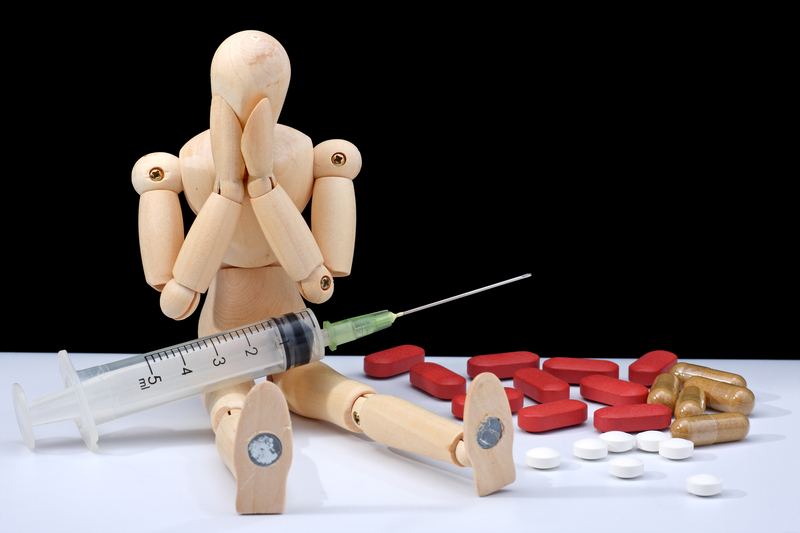The Critical Signs Of An Addiction
Facing an addiction is not always easy. It is hard to acknowledge when a problem has occurred and to admit that a certain behavior has gotten out of hand. Yet, with realization comes the ability to face the issue head on and start eliminating the negative behavior altogether. Being educated on signs of addiction is important in recognizing it and catching the problem before it is too late.
7. Reverting Back

Making a commitment to stay away from a certain activity or substance can be a challenge, based on what that activity or substance is and how it influences one’s life. If happiness levels become dependent on a certain activity, then setting limits or taking a break from it for a specific amount of time is always a good idea.
The inability to follow through on commitments is a clear sign that an addiction has developed. Often times, this lack of follow-through is accompanied by thoughts that make engaging in the negative behavior seem like the logical option.
6. Withdrawal

If someone has an addiction, then withholding the addictive substance or activity from this person can cause certain types of reactions to occur, known as withdrawal symptoms. These symptoms range from light moodiness to major physical reactions, such a shaking or seizures. If deprivation brings about a change in personality and causes bitterness, anger, depression, or something similar, then an addiction has likely formed. Other things to watch out for are issues with sleep, digestive problems, and an increase in violent-like actions.
5. Denial

It is not uncommon for friends and family to become aware of an issue before the person realizes that they may have an addiction. If it is ever brought up that an addiction may be developing, it is typical for the person suffering to become defensive, denying there is a problem at all. The individual may confidently express that everything is under control and that the substance or activity is something that is easy to give up at a moment’s notice. This lack of acknowledgement is a clear sign of addiction.
4. Secrecy

If the person with the addiction hides what they are doing, it is likely due to the fact that he or she is facing problems with controlling it. When secrecy comes into play, there is a level of shame involved. The person clearly knows what they are doing is affecting day-to-day living and knows that a reprimand will follow, should they be caught. In hopes of avoiding conflict, and due to a lack of willingness to face the problem itself, secrecy is implemented. This keep the addiction low-key and away from everyone else’s attention.
3. Change Of Interests

Addiction to one thing means lack of interest in anything else. The main focus becomes the addiction and fulfilling the need for it at all costs. If a person loses interest in things that he or she once enjoyed doing, and has replaced them with one overpowering behavior, it is likely due to the development of an addiction. The addictive substance will take priority over anything else and other social engagements will likely be avoided, should the substance not be present.
2. Increased Tolerance

The more something is consumed or the more a person does the same thing over and over, the less exciting it becomes. This is due to an increased tolerance for the substance or activity. If intensity or volume levels need to be continuously raised in order for satisfaction levels to be met, then there may be a bigger issue at hand and help is probably necessary. Risk levels may also be raised with tolerance levels, meaning the person is doing something that may threaten their life, in hopes of gaining their high back.
1. Obsessiveness

In the process of becoming addicted to something, a person’s life will become completely centered around that specific behavior. This often means social withdrawal and engaging only in activities that involve whatever the person is addicted to. The once light-hearted activity or substance becomes a need that initiates negative responses, should it be denied. This leads to a change in personality and often times will accompany an increase in financial or academic/work-related issues. Soon, the only thing of importance will be fulfilling the need to engage in the destructive behavior.
